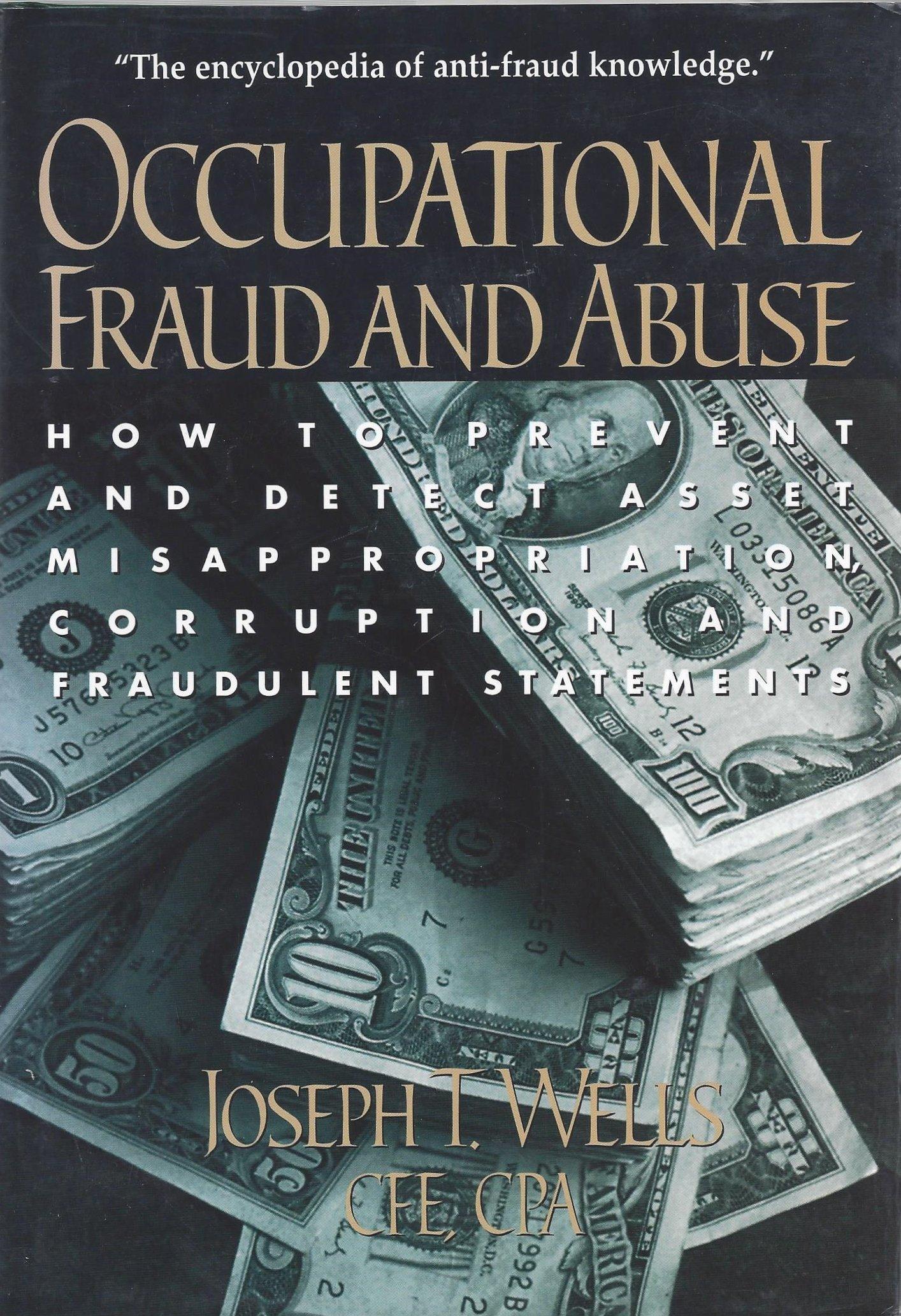Question
Jack Walsh, your client, was born and raised in Canada. After obtaining his MBA in 2010, he began working as a consultant. In July 2019,
Jack Walsh, your client, was born and raised in Canada. After obtaining his MBA in 2010, he began working as a consultant. In July 2019, Just-Do-It Limited (JDIL), of which he was a major shareholder, entered into a contract with a Canadian Crown corporation to furnish consulting advice in Portugal. Services were to commence July 15, 2019, and end January 14, 2021. A daily rate of fees was set, but total billings were not to exceed a specified maximum. The contract also provided for moving, travel, and living expenses for Jack and his dependants up to a specified maximum.
All fees and expenses were paid to JDIL in Toronto. Jack continued to be a shareholder, director, and officer of the corporation, and he remained very interested in its activities. JDIL paid Jack and was instructed to deposit these payments in Jack's Canadian bank account, which he continued to maintain for this purpose and for the operation of the rental property that he owned. He felt that the Canadian bank account was necessary because of foreign exchange difficulties that he might otherwise encounter. He instructed JDIL not to withhold any income taxes on these payments, because he intended to give up his Canadian residence status to establish an international consulting business abroad upon termination of the Portuguese contract.
Since Jack had little time before leaving for Portugal, he quickly rented, on a month-to-month basis, the unit that he had been occupying in a duplex that he owned. He intended to sell the property when the market would provide him with a reasonable profit. He arranged to have JDIL manage the renting of this property for a fee which he paid to the corporation.
Jack stored his major furnishings and winter clothing in Canada. His smaller household and personal effects were shipped to Portugal. He sold his car, cancelled his auto insurance and a gasoline company credit card, and obtained an international driver's licence. He retained credit cards such as American Express, Visa, and MasterCard, as well as his retirement accounts. Under the contract, he was also required to maintain his provincial health insurance coverage.
When Jack left Canada for Portugal, he was accompanied by his friend, Martha, who had been a part of his life for over a year before their departure. Martha had obtained leave from her university program of studies for the fall 2019 term. The couple took up residence in a hotel suite that was converted into an apartment in Lisbon, Portugal. No conventional living quarters were available, because of the housing market. During his stay in Portugal, Jack obtained a Portuguese driver's licence and maintained two bank accounts and two cars. He joined sports, dining, and social clubs in Lisbon. He was provided with an office by the Portuguese government and he carried business cards which identified him as a consultant with that government. He actively promoted the consulting business of JDIL in Portugal in the hope of establishing the business abroad, but he did not generate sufficient business to stay in Portugal beyond the period of the existing contract. He did not seek to extend his visa or pay any form of tax on his income in Portugal.
Martha returned to Canada for the winter 2020 term and returned to Portugal for the summer of 2020, but returned to Canada in September 2020 to begin a new program.
By December 2020, Jack had billed the limit under the contract. He vacated his apartment, sold his cars, packed up his possessions (including some artwork, textiles, and other souvenirs that he had acquired), and returned to Canada.
Required:
Evaluate thoroughly and in detail the facts to determine if Jack:
(a) maintained Canadian resident status throughout the period in question, or
(b) ceased to be a resident of Canada in July 2019, thereby establishing part-year resident status in that year and non-resident status immediately thereafter until December 2020.
Advise Jack on how to file his 2019 tax return. Evaluate thoroughly and in detail the alternatives in the residence issue as they relate to this fact situation. Provide your perspective on the facts that support each place of residence and the tax consequences they entail. Weigh the relevance of the facts and conclude on the likely outcome of this situation.
For maximum marks, your answer should examine the following resident types in forming your conclusion:
Resident of Canada (6 Marks)
Deemed resident of Canada ( 3 Marks)
Part-time resident of Canada (6 Marks)
Non-resident (3 Marks)
Conclusion ( 2 Marks)
Step by Step Solution
There are 3 Steps involved in it
Step: 1

Get Instant Access to Expert-Tailored Solutions
See step-by-step solutions with expert insights and AI powered tools for academic success
Step: 2

Step: 3

Ace Your Homework with AI
Get the answers you need in no time with our AI-driven, step-by-step assistance
Get Started


